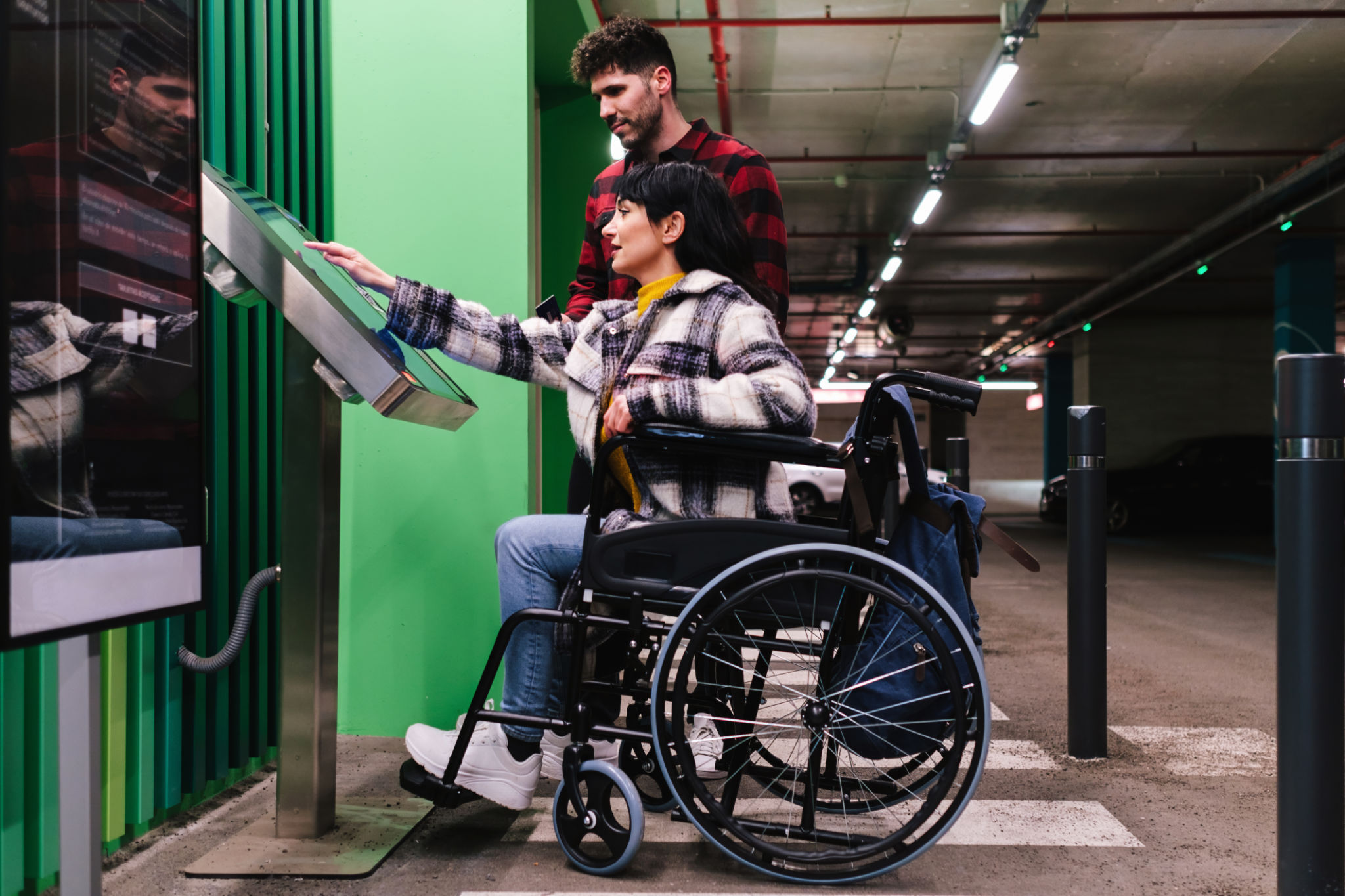Why Local Elections Matter: The Impact of the KCK Mayor
The Importance of Local Elections
Local elections often receive less attention than their national counterparts, yet they play a crucial role in shaping the communities we live in. In Kansas City, Kansas (KCK), the mayoral position is a prime example of how impactful local leadership can be. The decisions made by the mayor influence various aspects of daily life, from public safety and education to economic development and infrastructure.

Voter participation in local elections is typically lower than in general elections, but it's important to remember that these elections have a direct impact on local governance. The policies and initiatives set forth by the mayor can lead to significant changes that affect every resident. By voting in local elections, citizens have the power to shape their community's future and ensure their voices are heard.
The Role of the KCK Mayor
The mayor of KCK serves as the chief executive officer of the city, responsible for implementing policies and overseeing city operations. This position requires a deep understanding of local issues and the ability to work collaboratively with other elected officials and community stakeholders. The mayor's leadership style and priorities can greatly influence the city's direction.
Some of the key responsibilities of the KCK mayor include:
- Managing the city's budget and resources effectively.
- Addressing community concerns, such as public safety and housing.
- Promoting economic growth and development.
- Ensuring transparency and accountability in government actions.

Impact on Public Services
The decisions made by the KCK mayor can directly affect public services such as police, fire departments, and schools. For instance, the allocation of funds to these services can determine their effectiveness and responsiveness to community needs. A mayor focused on improving public safety might prioritize hiring more police officers or investing in community policing initiatives.
Education is another significant area where mayoral leadership can make a difference. By collaborating with school boards and educational institutions, the mayor can support policies that improve educational outcomes for students. This could involve advocating for better funding, supporting after-school programs, or promoting workforce development initiatives.

Economic Development and Infrastructure
Economic development is essential for any city's growth. The KCK mayor plays a vital role in attracting businesses, creating jobs, and fostering an environment conducive to economic prosperity. Initiatives might include offering tax incentives to potential investors or supporting local entrepreneurs through grants or mentorship programs.
Infrastructure development is also a critical area under the mayor's purview. Maintaining roads, public transport systems, and utilities are essential for ensuring residents' quality of life. A forward-thinking mayor will prioritize sustainable infrastructure projects that meet current needs while planning for future growth.
Civic Engagement and Community Involvement
A successful mayor encourages civic engagement and fosters a sense of community among residents. By hosting town hall meetings, soliciting public feedback on proposed projects, and ensuring transparency in decision-making processes, the mayor can build trust and collaboration within the community.
In conclusion, local elections, particularly for positions like the KCK mayor, are critical to shaping the community's future. Through informed voting and active participation, residents can ensure their city reflects their values and meets their needs. As voters, it's essential to recognize the significance of these elections and take an active role in shaping local governance.